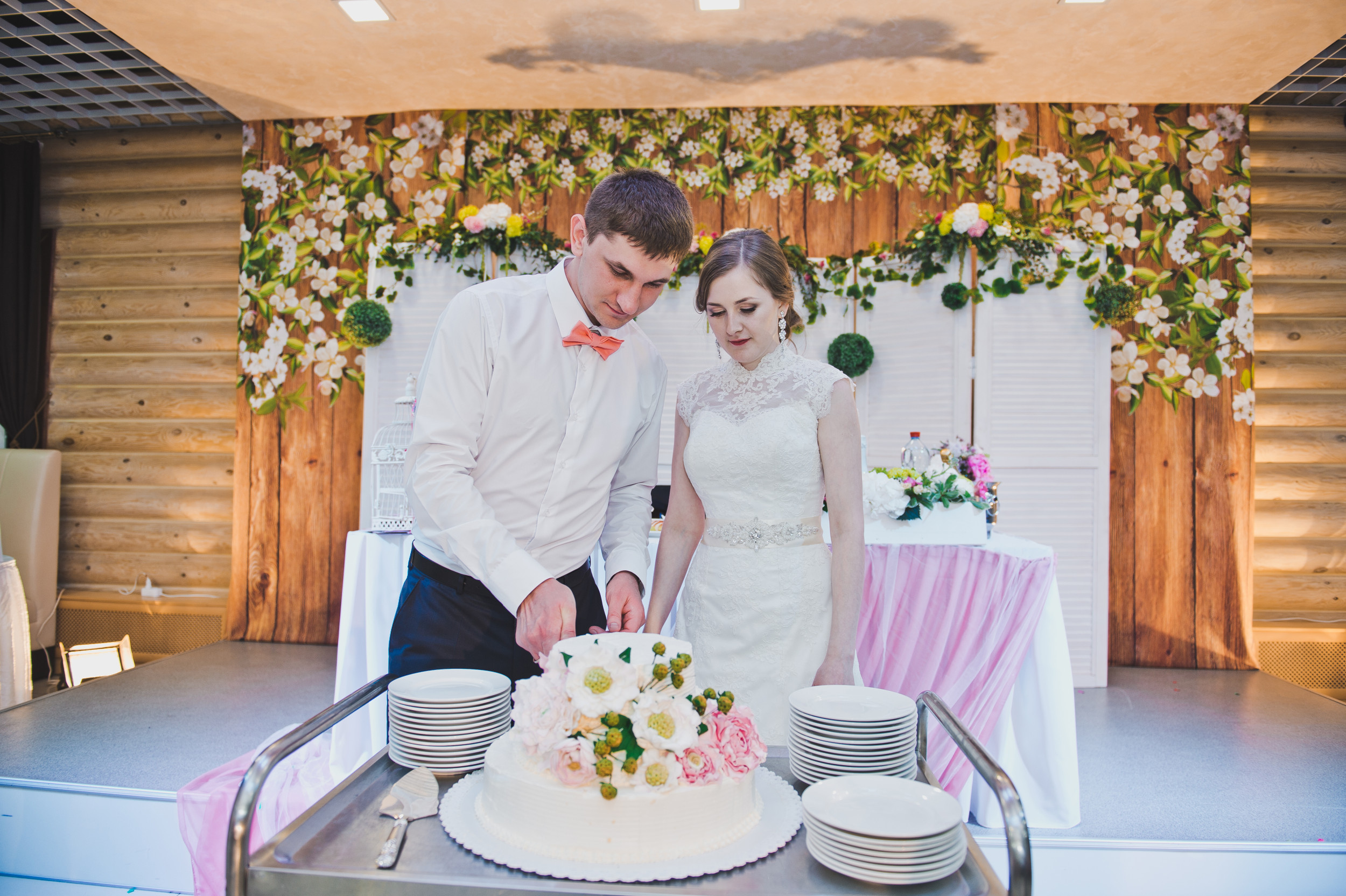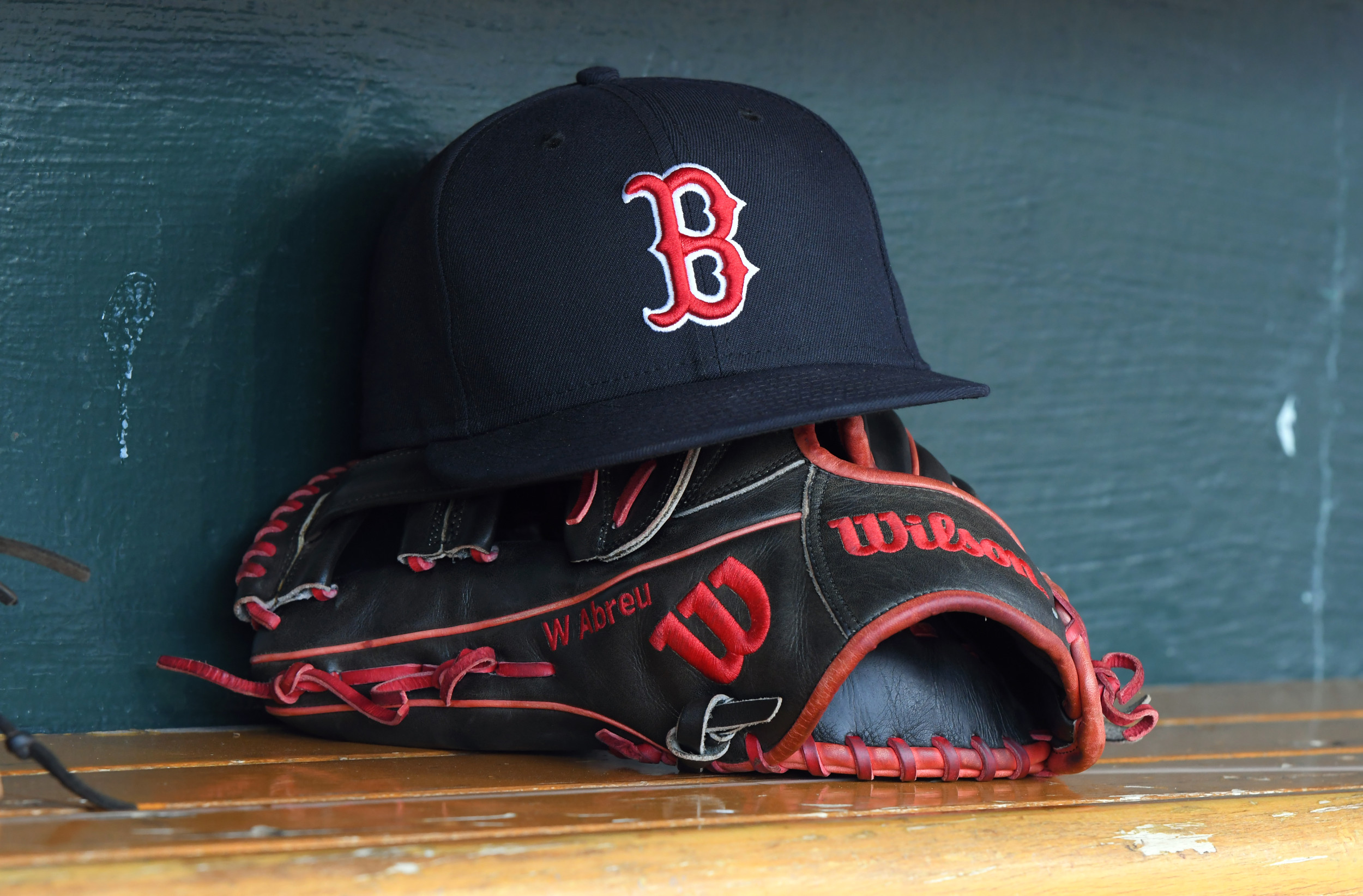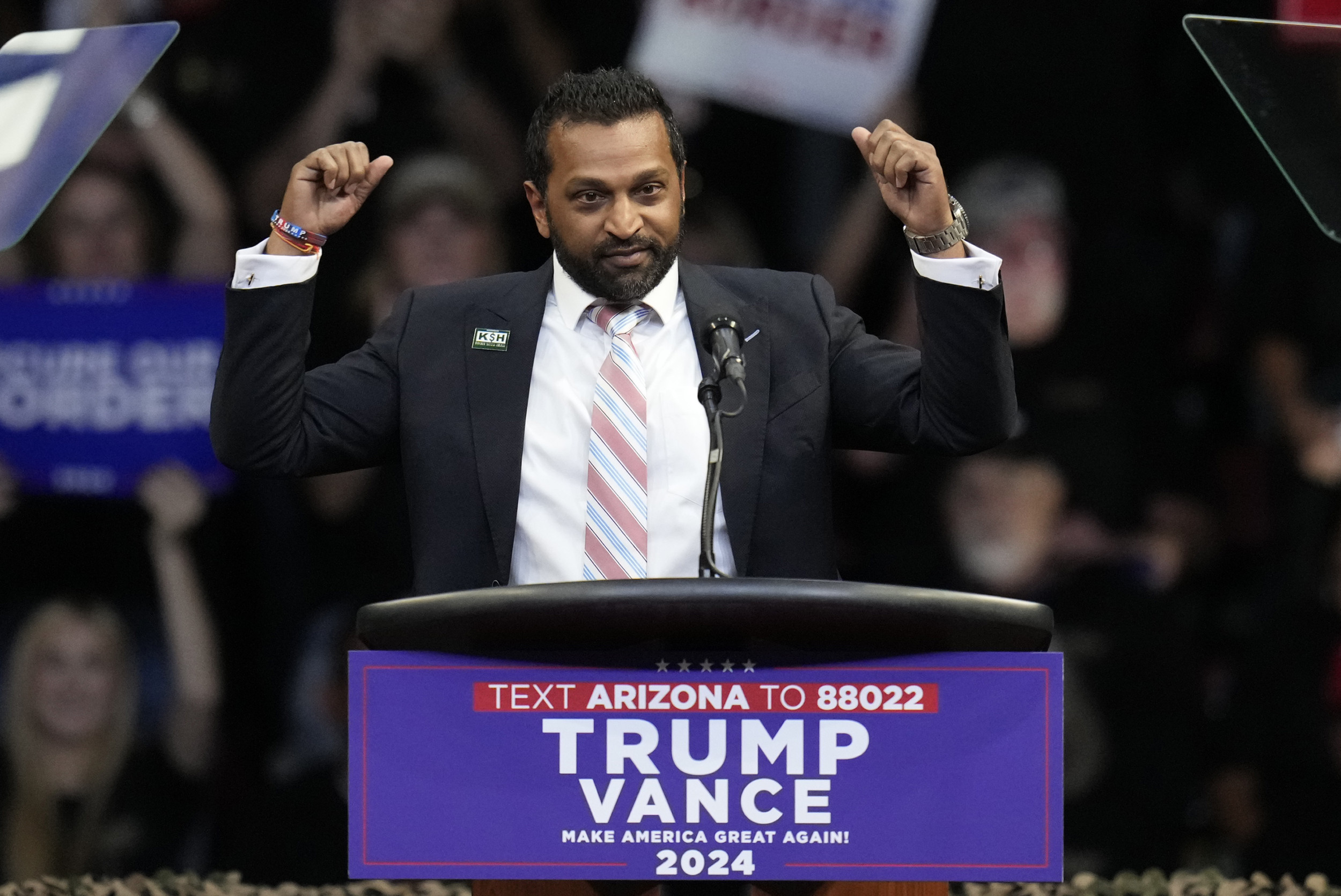Five years ago, then-NFL quarterback Colin Kaepernick brought social justice into the heart of professional sports with his decision to kneel during that national anthem, spurring a national conversation about the Black Lives Matter movement and police brutality. Observers predicted at the time it would pave way for a new generation of athlete activism.
But that trajectory was miscalculated. Somewhere along the way, the culture shifted.
During Week 11 of this year's NFL season, remnants of the Kaepernick effect were nowhere to be found. Instead, players from three professional football teams—Las Vegas Raiders tight end Brock Bowers, Detroit Lions defensive Za'Darius Smith and Tennessee Titans wide receiver Calvin Ridley—all celebrated on the field with their versions of the "Trump dance," a meme-ified jig popularized by the president-elect during his campaign rallies that has since gone viral among Gen Z on TikTok.
And it's not just football. The MMA fighter Jon Jones busted into the dance Saturday after he retained his heavyweight title at UFC 309, where Trump was sitting ringside at Madison Square Garden with a big grin on his face. British golfer Charley Hull used the same moves while walking down the fairway at Florida's Pelican Golf Club on Sunday. Christian Pulisic, captain of the U.S. men's national soccer team, performed the dance after scoring his first goal in Monday's match against Jamaica.
The rhythmic fist pumps that have taken the sports world by storm are reflective of a wider cultural shift that's been sweeping the country in the wake of Trump's political comeback.
All of a sudden, "Trump appears to be cool," Steve Krakauer, a contributor to NewsNation and media columnist for The Hill, told Newsweek. "It's now crossed over, beyond just politics into culture."
Vice President Kamala Harris may have been the one running on "joy," but it's Republicans who are having all the fun.

"At the Republican National Convention, [I said] that the Republican Party was now the fun party, and lo and behold, I was right," veteran GOP strategist Scott Jennings said on CNN Monday.
Taking count of the growing list of athletes who are using the Trump dance to celebrate their scores and wins, Jennings declared: "Trump is back. America is back. And once again, it's cool to be a Republican."
"There were a whole bunch of people in this country who felt like the Democrats and their media allies had become scolds and fun vacuums, and now that the American people have spoken they finally feel free to signal that, hey, it's ok to have fun and express yourself again," Jennings told Newsweek.
"It's ok to have pride in your country, too. We don't have to be a nation where the professionally offended have all the power."
When Trump was first elected eight years ago, a public outcry from liberals swept the nation, their hatred for the man palpable. From deep blue coastal cities, like New York and Los Angeles, to those in America's heartland, like Kansas City and Omaha, protesters marched, insisting that Trump was "not my president" and rallying behind chants like, "No racist USA, no Trump, no KKK."
People willing to publicly support Trump became social pariahs. You didn't have to look any further than his own daughter Ivanka Trump, who was swiftly shunned from celebrity circles and A-list events after he father was elected to the White House.
But there was none of that this time. Since Nov. 5, the country's streets have been quiet. There was little castigating of peers and public figures, alike, for voting Trump. Last week, Joe Scarborough and Mika Brzezinski, the influential hosts of MSNBC's "Morning Joe," paid a visit to Mar-a-Lago to make peace with the same man they had compared to Adolf Hitler just weeks earlier. As for Ivanka, she's been welcomed back into the star-studded fold, becoming a fixture in Kim Kardashian's clique of close friends.
"In 2016, it was possible to write his victory off as a weird aberration of history. He didn't win the Electoral College. This wasn't supposed to happen. This doesn't represent what America is," political scientist Yascha Mounk told Newsweek. "[Today], it's much harder to do that."

Back in July, less than a week after Harris replaced President Joe Biden as the Democratic nominee, Mounk questioned if Trump had caused a vibe shift, writing for The Spectator: "Suddenly, supporting Trump seems to be much more socially acceptable than before — in some elite circles, perhaps even a little cool."
Post-election, it's clear that elites are not the only ones embracing Trump. The man written off as politically dead countless times was able to return to power by actually expanding the electoral map, not just rallying the MAGA diehards. The president-elect did not just eek out an Electoral College victory earlier this month. He also won the popular vote—a feat that hasn't been pulled off by a Republican presidential candidate since George W. Bush in 2004.
"One of the biggest things that the corporate media gets wrong about the Trump phenomenon is that you are in one of two camps about him: You either love him, and there are lots of people who love him, or you hate him, and there are lots of people who hate him," said Krakauer, who also produces Megyn Kelly's popular show. "But there is this vast middle, and it's growing."
He continued, "There's a large percentage of people who have mixed feelings about him. Don't spend their day anchoring their life around him and thinking about every move, both positively and negatively."
Trump's win was a major upset, but for some, the tea leaves were there. Sean Monahan, the trend forecaster who coined the term "vibe shift" to describe the national sentiment as Covid restrictions began to lift in 2021, believes the tide started turning back in 2020, when the pandemic upended reality and it was no longer clear "what was happening, why it was happening, who was lying, and who was telling the truth."
When Monahan predicted his vibe shift three years ago, he realized that "wokeness as a cultural force" had peaked the year before.
"When Biden won that year, people were voting for a return to normalcy," Monahan said in the November 11's edition of his 8Ball newsletter. "Instead, the Democratic Party misread the public mood and thought they had a mandate to institutionalize progressive ideology."
"The vibe shift this time is a story about progressive Millennials realizing that when they declared total victory for their politics in 2020—it was a Pyrrhic victory," he said.

Mounk, who is also the founder of the online magazine Persuasion and author of "The Identity Trap," said it's not that Americans love Trump significantly more than they did in 2016. It's that any trust the public had in the nation's institutions has been obliterated since the last time he was on the ballot.
Public opinion polls show that Americans continue to have historically low faith in U.S. institutions. According to Gallup, the average confidence scores of the nine institutions that pollsters have routinely tracked since 1979—organized religion, the military, the Supreme Court, banks, public schools, newspapers, Congress, organized labor and big business—fell to a new low of 26 percent last year.
"While down just one point from 2022, it is 10 points lower than in 2020," Gallup said in a 2023 analysis.
Mounk pointed to this decline in trust as a sort of skeleton key for understanding the Trump vibe shift. Whereas eight years ago he was an anti-establishment political neophyte who knew — or cared — little about the day-to-day job of running government, he returns to the Oval Office without such baggage.
"A decade ago, the idea of somebody who's a wrecking ball, who's going to really sort of challenge these institutions seemed like a negative thing," Mounk siad. "There's a much greater number of people today with some amount of ambivalence about that, who may strongly disagree or disapprove of some of the things that [Trump has] said, that he's likely to do, but who also cherish that he's going to be the sworn enemy of the institutions that people have come to mistrust in a much more profound way."
For Krakauer, the seeds were planted in the summer, when Trump's campaign began its so-called podcast strategy of putting him on the shows of influencers who were widely popular among young people, while eschewing more typical media outlets. From streamer Adin Ross to comedians Andrew Schultz and Theo Von, leading all the way up to podcast's biggest name, Joe Rogan, the campaign found avenues "to show the authentic side of Trump, to get him in the culture."
Those appearances made it acceptable to see Trump, at first, as funny, but later, just another cultural figure, Krakauer said. That gave way to a "permission structure" that allowed voters to cast ballots for him.
"It's not just part of the culture, it's now acceptable to to do the Trump dance on the NFL field," Krakauer said.

The late conservative journalist Andrew Breitbart famously said that "politics is downstream from culture," and it might be Trump's understanding of this idea that has lead to the vibe shift.
On Monday's episode of "Triggered," the president-elect's son, Don Jr., told his listeners that the Republican Party "often scoffed at" Breitbart's observation and that it was only someone like his father who could embody such a message.
"[Republicans] didn't try to get involved," he said. "They allowed the left to sort of pervasively take over education and pop culture and sports and even the upper echelon of law enforcement and the military, and we just sort of sat back there."
Don Jr. said the fact that NFL players were now willing to embrace the idea of his dad as president was a sign that "for the first time in a long time, it's okay to be America first."
Former House Speaker Newt Gingrich, a guest on Monday's show, told Don Jr. that "it all clicked" for him after seeing the viral photo of the president-elect eating McDonald's on his private jet with his son, Elon Musk, Robert F. Kennedy Jr. and House Speaker Mike Johnson coming back from the UFC fight.
"What you have with Trump is a different kind of cultural divide," Gingrich said. "It's a cultural divide of people who like sports, people who like winning... if you're really into sports, you want performance, you want merit, you want to be able to win. You understand the difference between winning and losing."
Krakauer said while the vibe shift isn't a full-on embrace of Trump (he questions if the president-elect will ever be invited back to Saturday Night Live), "what we're going to see is deafening silence" in spaces that have long been seen as progressive, like Hollywood or the popular music scene.
"We might see a retreat from politics as part of our culture," he said. "The idea of opposing Donald Trump will not show up the more explicit ways that it did during his first term—in music and movies and kind of our cultural conversation. People move on to other things."




















 English (US) ·
English (US) ·